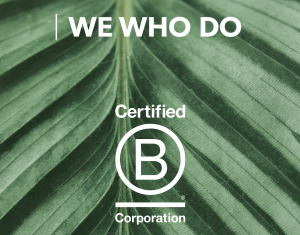The global public transport sector is watching with interest as India balances the ambitions of its Prime Minister with the realities of introducing its groundbreaking high-speed rail network.
Prime Minister Narendra Modi has set a target date of August 2022 to have new rail technology and a 508km network in place. The project includes designing trains similar to the Shinkansen bullet train in Japan but using as many domestic components as possible.
A more cautious picture
However, the Indian media is reporting that lead body National High Speed Rail Corp. has conceded that a partial opening may be more feasible. This is due for the need to concentrate on engineering sections that can be used to thoroughly test high-speed trains. Especially as some farmers and landowners along the proposed route are reported to be opposed to the plans.
It is perhaps hoped that the opening of the first phase of the project – possibly a 200 km stretch between Ahmedabad and Surat – could make progress smoother for further developments. Demand for high-speed transport may increase, helping to speed up the construction process.
From travel tech comes economic boom
The new high-speed trains in India are seen to be a gamechanger in the country’s public transport system. They also involve a significant transfer of technological know-how between Japan and India.
The route will also feature new restaurants, cafes, hotels and business premises, further bolstering the economic impact.
Rail is out in front
India’s ambitious project is further evidence that rail tech is leading the way in transforming the future of transport. And not just in terms of speed. (Though the Siemens AG’s Velaro Novo can reach a top speed of 360kmph, compared to the current norm of 300).
For example, rail companies have also been quick off the mark to maximise on autonomous technology. By the end of 2019, Rio Tinto plan to have 200 driverless trains travelling across Australia.
Trains are also increasingly becoming electrified and becoming the focus of advanced engineering. The Bombardier Talent (partly funded by the German government) can run for up to 40km at a time, using only battery power.
The reliability and safety of trains are also constantly under improvement, further adding to the argument it is leading a transport revolution.
For example, predictive maintenance is not solely an aviation trend. GE locomotives transmit large amounts of data during operation, used for constant status transparency and to schedule repair work well ahead of time.
This is all the tip of the iceberg in terms of emerging rail tech. This suggests that the template used to create India’s high-speed rail network could well be echoed elsewhere.
Sources:
https://asia.nikkei.com/Business/Business-Trends/India-considers-partial-opening-of-first-high-speed-rail-project
https://www.bloomberg.com/news/articles/2018-10-09/this-is-not-your-dad-s-train-set







